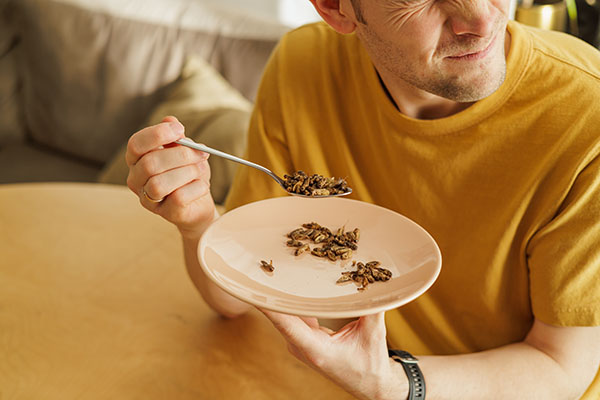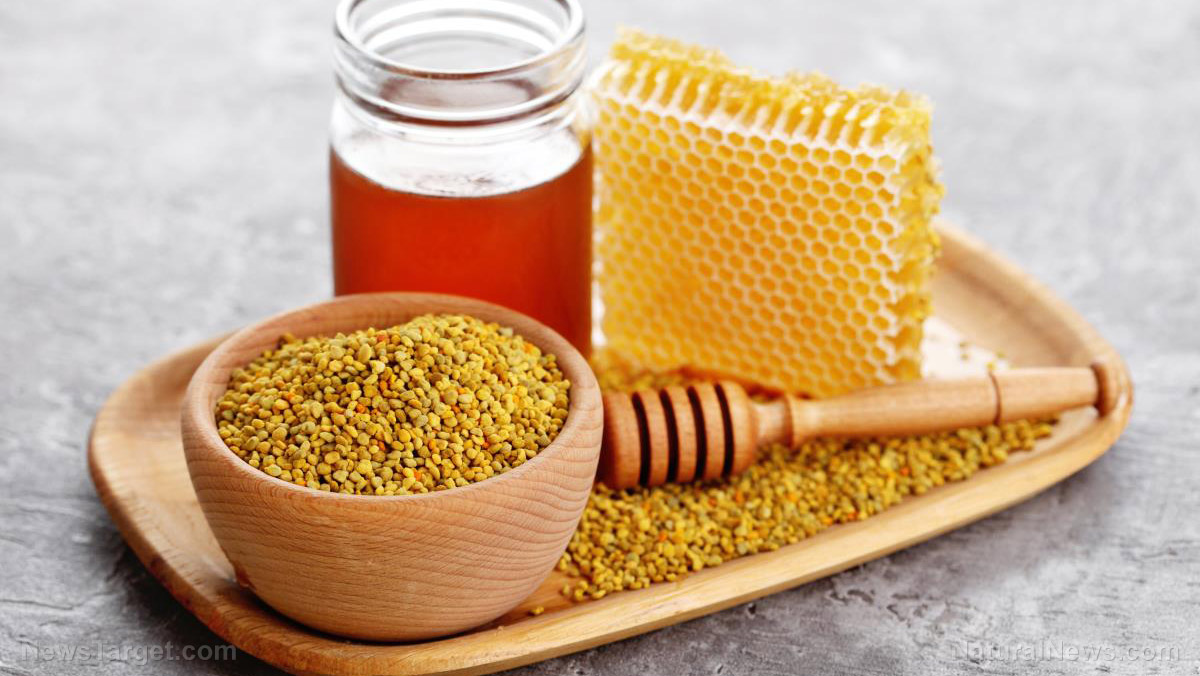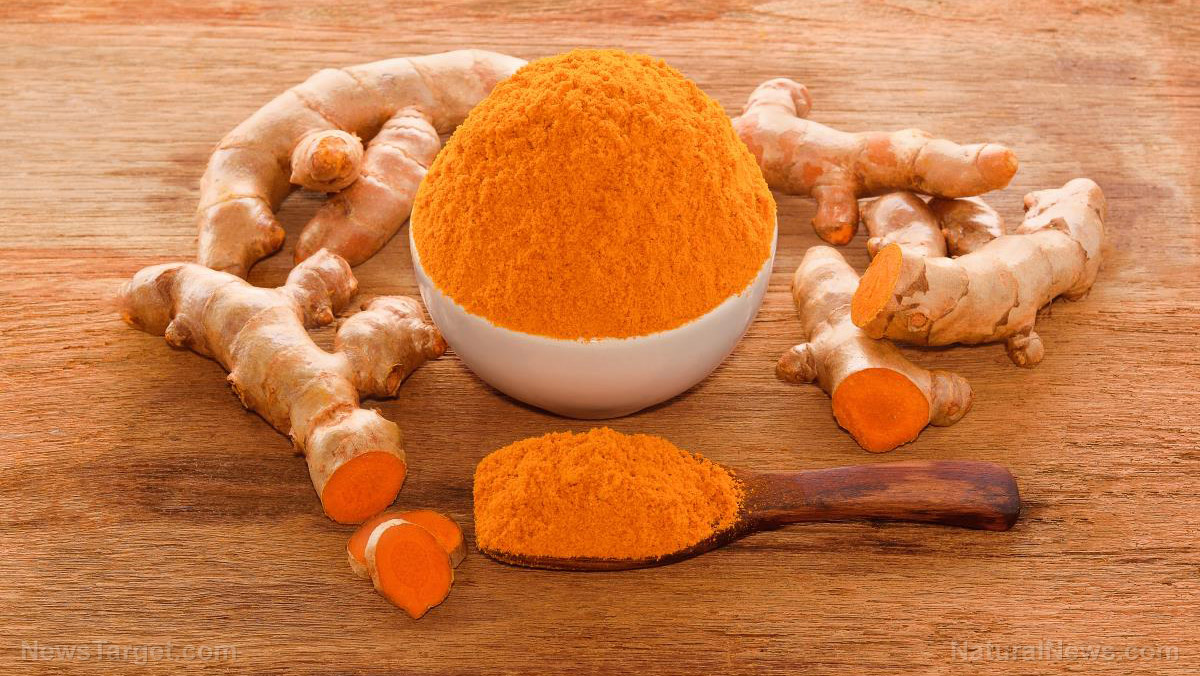 Parler
Parler Gab
Gab
- Omega-3 and gamma-linolenic fatty acids improve pulmonary status (lung function, respiratory exacerbations and antibiotic consumption), inflammatory and anthropometric parameters in adults with CF.
- Omega-3 fatty acids may have a protective effect against mucus over-production caused by pulmonary bacterial colonization in cystic fibrosis.
- Omega-3 fatty acid supplementation reduces inflammatory biomarkers, erythrocyte sedimentation rate, and interleukin-8 concentrations in cystic fibrosis patients.
- An 8-month treatment with Omega-3 fatty acids (EPA and DHA) has a positive effects, such as decreasing inflammation, in patients with cystic fibrosis.
- Oral magnesium supplementation may help overcome the failure of rhDNase-Iin patients with cystic fibrosis.
- Vitamin A and E levels are inversely correlated with pulmonary exacerbations in cystic fibrosis.
- Glutathione improves clinical markers in cystic fibrosis patients.
- Improved glutathione status in young adult patients with cystic fibrosis supplemented with whey protein.
- Lactobacillus GG supplementation reduces pulmonary exacerberations and hospital admissions in patients with cystic fibrosis.
- Inhaled hypertonic saline accelerates mucus clearance and improves lung function in patients with cystic fibrosis.
- Zinc supplementation reduces the number of days of oral antibiotics used to treat respiratory tract infections in children with cystic fibrosis.
- Zinc supplementation is beneficial in Zinc-deficient Cystic Fibrosis patients.
- Lactoferrin inhibits Pseudomonas aeruginosa and Burkholderia cenocepia, two infectious organisms found in Cystic Fibrosis patients.
- Lactobacillus probiotic delayed respiratory tract colonization and infection by Pseudomonas aeruginosa.
- Garlic and tea have antibacterial activity against Klebsiella, as well as drug resistant strains of Saphylococci, Enterococci and Psedomonas aeruginosa.
- Ginseng treatment enhances bacterial clearance and decreases lung pathology (in rats) with chronic Pseudomonas aeruginosa pneumonia.
- Ripe and unripe papaya fruit exhibit significant antibacterial action on Staphylococcus aureus, Bacillus cereus, Escherichia coli, Pseudomonas aeruginosa and Shigella flexneri.
- Curcumin attenuates the virulence of Pseudomonas aeruginosa.
- Ginseng extract reduces bacterial load and lung pathology in chronic P. aeruginosa pneumonia (in rats).
- Water soluble green tea extract has significant activity against multi-drug resistant strains of Pseudomonas aeruginosa.
- Cinnamon water possesses profound activity against Pseudomonas aeruginosa.
- Clove, cinnamon, lavender and peppermint oils appear to interfere with quorum sensing activity in bacteria, reducing the pseudomonus drug-resistant virulence and pathogenicity.
- Goldenseal (H. canadensis) demonstrates antibacterial activity against Staphloccocal, Steptococcal, E. coli and Pseudomonas aeruginosa strains in vitro.
- A combination of Rhodiola, Schisandra and Eleutherococccus (Siberian Ginseng) improves patients with acute non-specific pneumonia.
- High dose vitamin D3 prevents recurrence of pneumonia in children treated with antibiotics.
- Adjuvant treatment with zinc accelerates recovery from severe pneumonia in children.
- Licorice is effective in reducing experimentally induced pulmonary inflammation.
- Oxidative stress is implicated in acute pneumonia in children and may be attenuated through antioxidants.
- Green tea consumption was associated with a lower risk of death from pneumonia.
- Higher intake of Omega 3 fatty acidsmay reduce the risk of pneumonia.
- Dietary supplementation with amla protects against bacterial colonization (Klebsiella pneumoniae) of lungs on long-term feeding in experimental model.
- Curcumin ameliorates lung inflammation induced by Klebsiella pneumoniae and may be a useful adjuvant in antibiotic therapy.
- Aspen bark extract exhibits powerful antibacterial activity against S. pneumoniae and H. influenzae.
- Chicken soup may be therapeutic in treating pneumococcal pneumonia.
- Choline related supplements may improve status of children with Cystic Fibrosis.
- Curcumin has a corrective effect on the expression of genetic defects associated with cystic fibrosis in an animal model.
- Cordyceps may play a therapeutic role in improving pulmonary function in cystic fibrosis.
- Fish oil supplementation has therapeutic value in the treatment of cystic fibrosis.
- Oats, as a source of (lipase) enzymes, may provide ideal acid-stable adjunct to pancreatin derived enzymes.
- Bing cherries reduce inflammation.
- Bilberry has anti-inflammatory properties.
- Pigmented potato consumption positively alters oxidative stress and inflammatory levels.
- Fruit and vegetable consumption improves markers of inflammation and oxidative stress in adolescents.
UK grocery chain to sell EDIBLE INSECTS as affordable protein source amid cost-of-living crisis
By Belle Carter // Share
Nuclear War: Why we should be thinking about it now
By News Editors // Share
The buzz behind bees: Essential allies for survival and prepping
By HRS Editors // Share
31 Ways turmeric protects against the post-industrial ‘chemical apocalypse’
By News Editors // Share
Governments continue to obscure COVID-19 vaccine data amid rising concerns over excess deaths
By patricklewis // Share
Tech giant Microsoft backs EXTINCTION with its support of carbon capture programs
By ramontomeydw // Share
Germany to resume arms exports to Israel despite repeated ceasefire violations
By isabelle // Share










